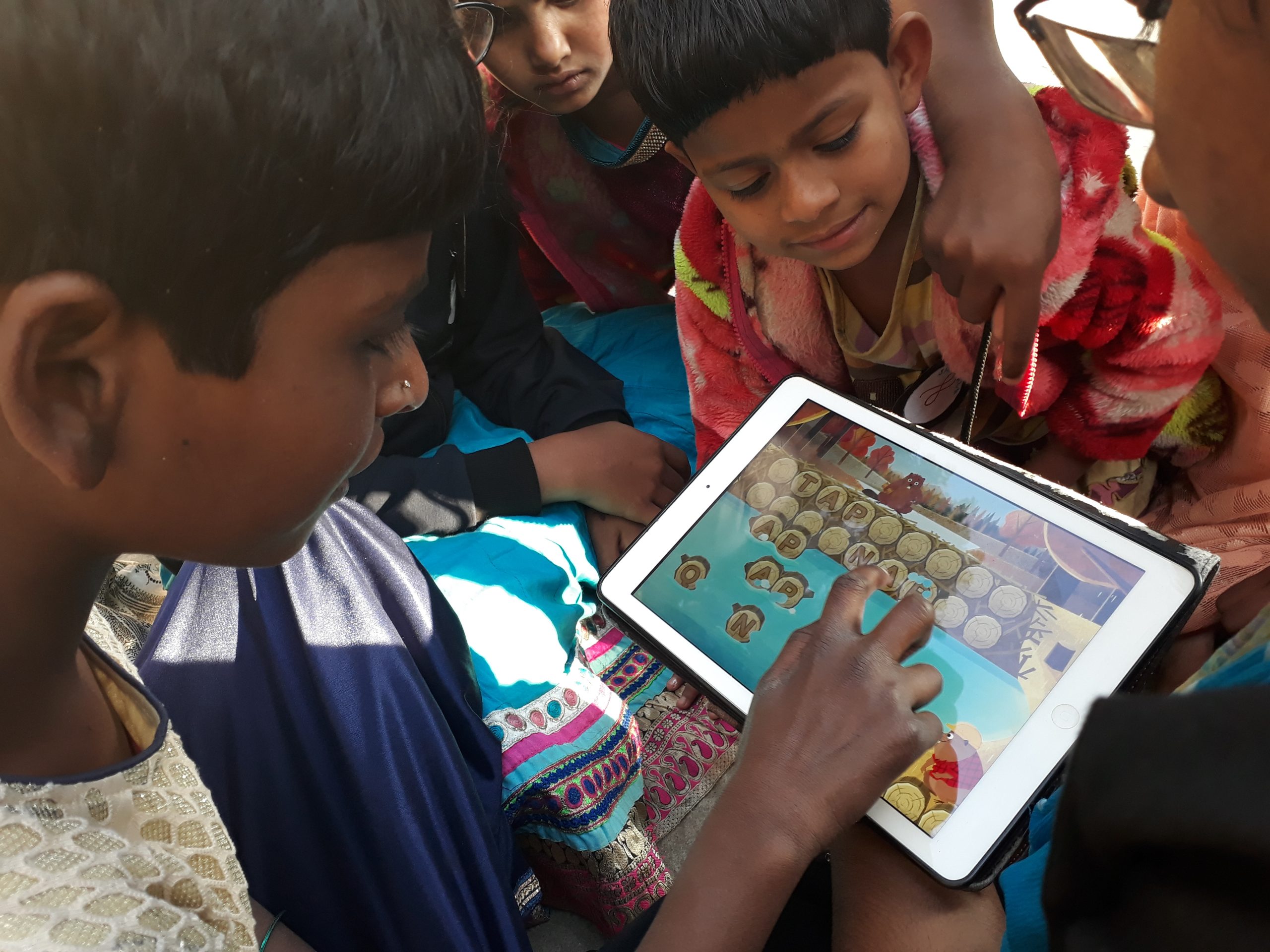21st century education. For every child.

Nonprofits play a crucial role in India’s social and economic development. They are organizations that operate for the benefit of society, driven by a mission to address various social, cultural, educational, health, and environmental issues.
Non-governmental organizations or NGOs have historically played a crucial role in building and improving the lives of underserved communities. Not only do they supplement and complement the work done by governments, but in many cases identify and improve accessibility, quality and thought behind interventions and welfare.
NGOs in India work independently, without financial aid from the government. Although they may partner with the government to execute projects and interventions. The work of the Learning Yogi Foundation, one of the top NGOs in India, aims at encouraging children to learn, both from the syllabus and life skills that will help them break out of the cycle of poverty, once and for all.
Many nonprofits in India focus on education and skill development initiatives. They establish schools, training centres, and vocational programs to provide quality education and equip individuals with skills that enhance their employability. Nonprofits often prioritize underprivileged children, ensuring they have access to education and opportunities for a better future.
Our work for childrenWe are a nonprofit organization that focuses mainly on encouraging children between the ages of 3 and 12 to learn. We believe that the purpose of education in the 21st century is not just to learn, but to learn how to learn. Our award-winning product called the Atlas Mission is a first-of-its-kind educational game designed to help children learn all the curricular and non-curricular skills they need to succeed in the 21st century.
Our work with learning through gamesLearning through games can be particularly beneficial for underserved children, as it can provide them with an enjoyable and engaging way to learn that is tailored to their individual needs and abilities. Games can help to level the playing field for underserved children by providing them with an opportunity to learn and succeed in a fun and supportive environment.
In addition to providing underserved children with an enjoyable and engaging way to learn, games can also help to foster a sense of accomplishment and success, which can boost their confidence and self-esteem. This can be particularly important for underserved children, who may have faced challenges and setbacks in their lives.
When children are having fun, they are more likely to be motivated to learn and to retain the information that they are learning. It often involves problem-solving and critical thinking, which can help children develop important life skills and can be a great way for children to learn social skills, such as taking turns, following rules, and working with others. Games can be tailored to children’s individual needs and abilities, so children can learn at their own pace and can be a useful tool for teaching children about a wide range of subjects, including math, science, language arts, and social studies.

Copyright © 2023 Learning Yogi. All rights reserved.